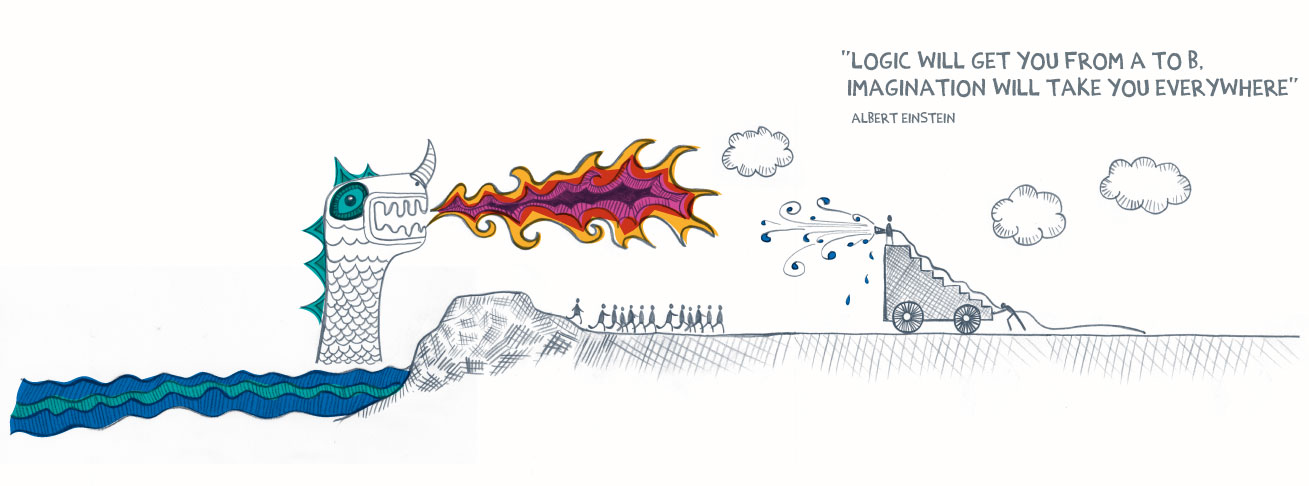Our Subject
CLICK IMAGE BELOW TO WATCH THE VIDEO
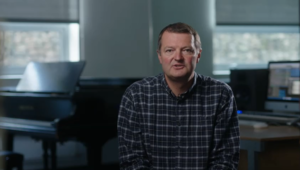
A Level Music FAQs
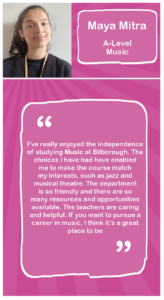
To take Music at Bilborough Sixth Form College you must have strong performing skills at or above Grade 5. ABRSM, Trinity and Rockschool grades are all acceptable. If you have not taken formal graded exams, but can confidently perform to a Grade 5 level, you are welcome to participate on the course. An understanding of music theory is also essential. The course demands performing, composing, listening and analytical skills in almost equal measure. You will listen to a wide variety of music and develop a more informed appreciation of how and why it was written and performed. All our Music students are expected to take an active role in the musical life of the college, getting involved in concerts, productions and ensembles.
To study Music at Bilborough, you will need performance skills at grade 5 level or the equivalent level of experience. Maths GCSE grade 4 and English Language GCSE grade 5. You should ideally have a grade 5 standard in Music Theory too or have the equivalent experience.
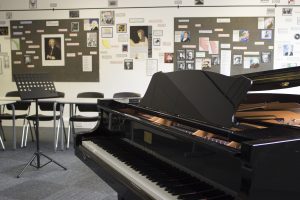
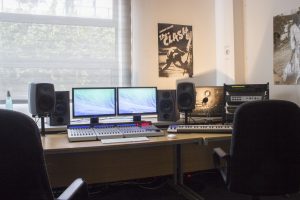
Our links with HE
Some of our students opt to take both Music and Music Technology. This is a sensible choice for able students who intend to continue studying music in higher education, although you are always well advised to consult the specific entry requirements of individual universities. If in doubt, please ask us. An A-level in Music can lead to further study in Music, Music Technology or Performing Arts at Higher National or degree level. It may also help you on your way to a career in the music industry. Musically gifted students can also progress to performance-based courses at music conservatoires after their time at Bilborough.

